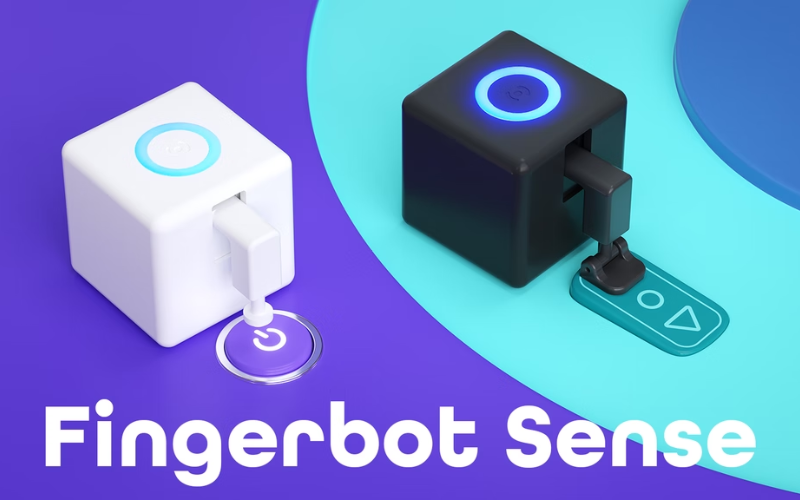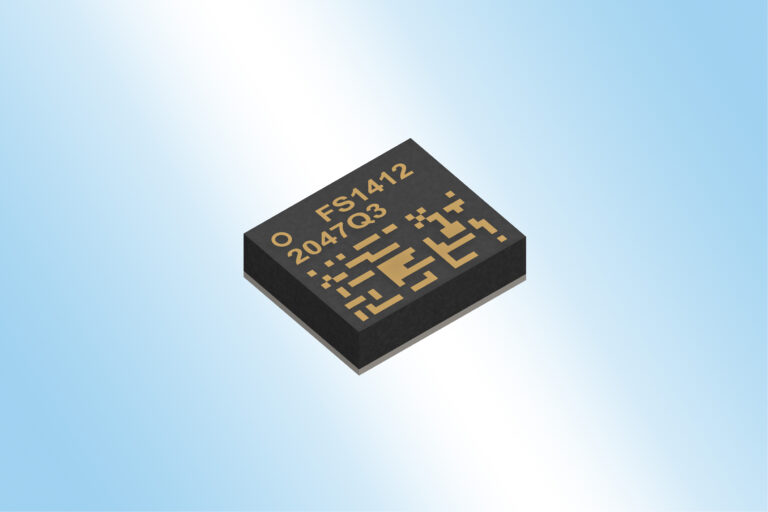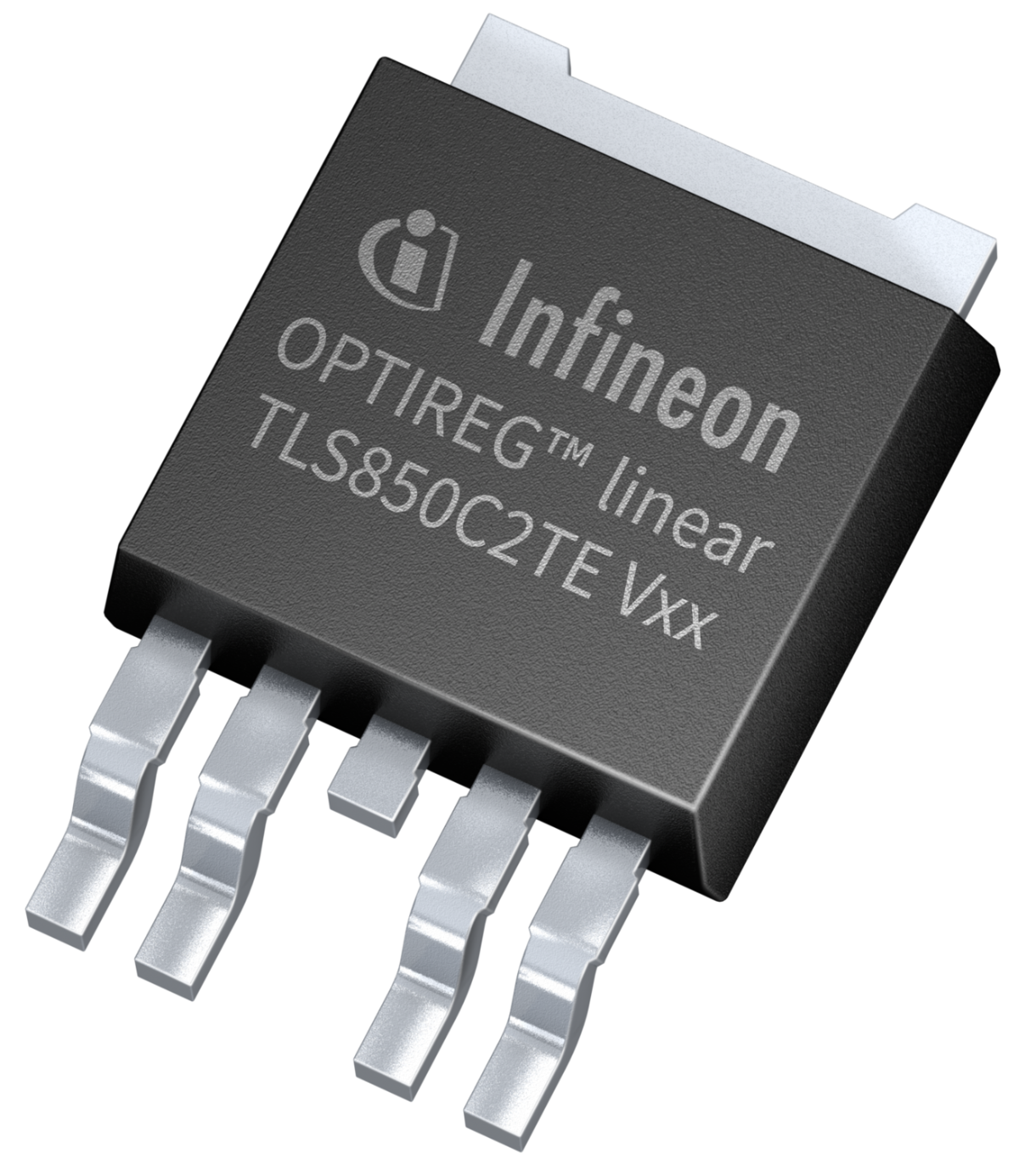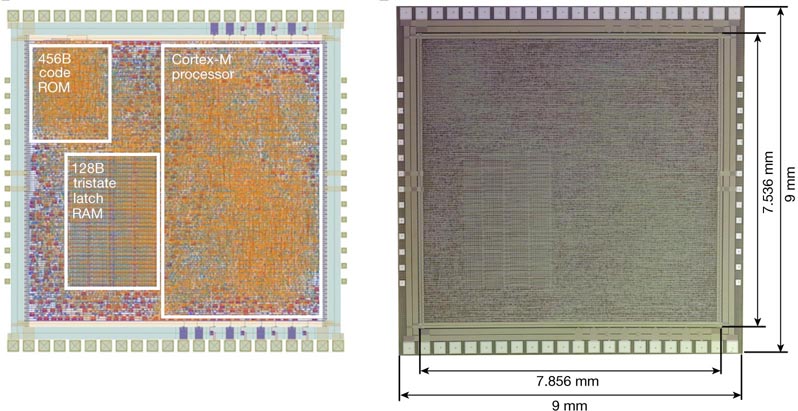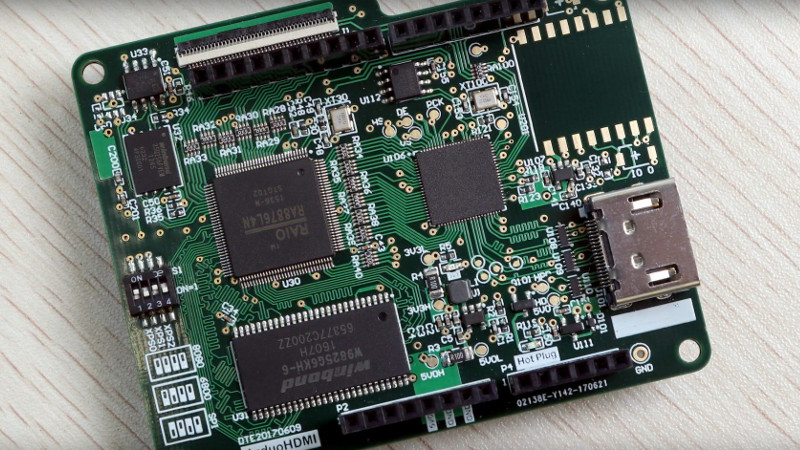
The quest for a decentralised web is something that is gaining more ground in the lights of data theft, privacy concerns, and others. The internet as we all know is now becoming monopolised as the big corporations are leveraging business, startups, users, developers and others to use their centralised platforms while killing out other competitors.
Tim Berners-Lee who created the worldwide web initially design it to be a decentralised platform where anyone can publish a website and easily push contents and links to other sites. But with the eruption of the big companies like Amazon, Facebook, Google, Microsoft, and others the decentralised web has become a centralised one.
So the question is this – Is a life less dependent on cloud giants possible?
Launching a decentralised internet involves preparing down the infrastructure that will power it.
This infrastructure will have to be in a way the corporations won’t control users data and not be centralised in one location. One way people can do about it is to dedicate there personal devices like a computer as a server among many others. Of course, this method might work, but it will be expensive to manage, and this is where the likes of Node Mini Server come into play.
The Node Mini Server is meant to be a computer based around the popular Raspberry Pi 3 single board computer designed to act as the hardware infrastructure for the decentralised web.
Ever since the first Raspberry Pi was launched, the advent and performance of single board computers have heavily improved. They reached to a point where they are small enough, about the size of a credit card, very cheap as compared to similar computers, and still carry a substantial power and are very flexible regarding add-ons. Taking these into consideration might make SBCs the ideal infrastructure for the decentralised age.
The Node Mini Server is an open source platform that takes readily available SBCs and hopefully makes them suitable as underlying physical infrastructure for the decentralised web. The Mini Server, at its core, is the Raspberry Pi 3 B+ with some improved and custom arts. Even though the Mini Server was built around the Raspberry Pi, it is expected to work on similar like the Asus Tinker Board, ODroid-C2 and other powerful Pi SBCs.
The Mini Server is made up of a 3D printed case and users can decide to 3D print their own design from any 3D printer available. The Mini server is designed in such to put all the ports all in one side. The ports are now located on the back; this includes the micro SD slot which has been extended from the default bottom, an HDMI port, and an interesting SATA adapter that will allow attaching a standard 2.5inch laptop drive which should be able to give up to 3TB of possible storage options. The Node Mini server casing provides a way to slot in the hardware onto the device. Due to the extra parts added to the device, the Mini server requires a quality 3A power supply to power all the components.
The Node Mini Server is believed to still be under development and no information is available about the software stack. The quest for a decentralised web is a promising prospect and with the likes of the node mini server, this reality is not far-fetched.







